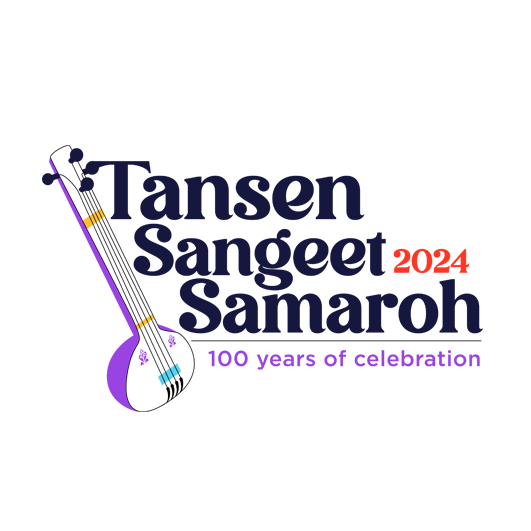ABOUT GWALIOR GHARANA
The oldest Gharana of Indian classical music is the 'Gwalior Gharana'
The oldest Gharana of Indian classical music is the 'Gwalior Gharana', which is famous not only in the country but all over the world for its music. This Gharana is the most famous Gharana of Khayal singing. This Gharana has adorned the world of music with many precious gems. Gwalior city is known as the city of music, where the seven notes of music are mixed in the air. The dawn and dusk of this city resonate with the resonance of ragas and raginis. The buildings of this city sing the alaap of the heritage of music and the residents of the city tell the melodious tune of the traditions of their ancestors.

- Gwalior's glorious past is full of the patronage of music. Many of its rulers were themselves musicians or had a deep interest in music. Gwalior also hosted famous musicians, who were either born in the city or came there to learn from the maestros. Gwalior is considered the birthplace of Dhrupad and the refinement place of Khayal. The entire nation can be proud of the ancient and rich tradition of Indian music that Gwalior has. The history of this tradition begins with the famous musical duo Mansingh-Mrignayani in whose Sangeetshaala, Dhrupad singing was refined and preserved. It was in the Sangeetshaala of Mansingh Tomar that a great musical genius like Tansen developed, who spreaded the fragrance of his talent to Gwalior, Rewa and Delhi and the work he has done in the field of music today is unforgettable. The Man-Mandir built by Raja Mansingh is still considered a unique example of Indian architecture. Similarly, he also composed a music book called Mankutohal, a copy of which is still preserved in the London Museum. The Persian translation of this book is available in the Rampur Museum. Mansingh and Mrignayani also established a music school, which is perhaps the oldest example of planned and collective practice of music. There is no doubt that a strong tradition of music must have existed in this region even before Mansingh, but this is an area in which a lot of research is still pending.
- After Mansingh Tomar, there were many ups and downs in the political history of the Gwalior region, but even after this, Mansingh's musical tradition remained intact and untouched by these ups and downs, it seems otherwise the development of a musical gem like Tansen would not have been possible. Of course, this cannot be possible only with state patronage and it seems that the people's tradition had taken the place of the state tradition.
- It will be considered a good coincidence that the royal family of Gwalior also gave full cooperation in keeping alive and taking forward the tradition of Mansingh Tomar and the emperor of music Tansen. It was during Scindia's time that Bade Mohammad Khan, famous in the Qawwal family of Lucknow, came to Gwalior. With this, the mutual exchange of Dhrupad and Khayal singing began. Haddu Khan and Nathu Khan of the Gwalior court immediately gained amazing command over Khayal singing and from that, the importance of Gwalior's Khayal Tarana singing style was established. Haddu Khan and Nathu Khan continued to propagate this unique musical style and generously donated this knowledge. It was because of them that Gwalior had become a pilgrimage place for musicians at that time and music seekers from far and wide started getting attracted towards Gwalior. Due to this, Gwalior's Khayal singing became a topic of discussion in the whole country. Later, great musicians like Balakrishna Bua, Vasudev Bua, Rehmat Khan, Nisar Hussain Khan, Shankar Pandit, Vajebua etc. propagated this style. Later, Pandit Krishnarao Shankar Pandit, Ustad Hafiz Ali Khan, Shri Parvat Singh etc. took this musical tradition forward.
- Along with the Indian freedom movement, a great movement to give a systematic form to music and make it accessible to the masses was started in the field of Indian music under the leadership of Pandit Vishnu Narayan Bhatkhande. Bhatkhande ji had very close contact with the Gwalior and Gwalior state and its people also contributed to his great purposeful work. Under the guidance of Bhatkhande ji, a music school was established in Gwalior in 1918, which is probably the oldest music school in Madhya Pradesh.

